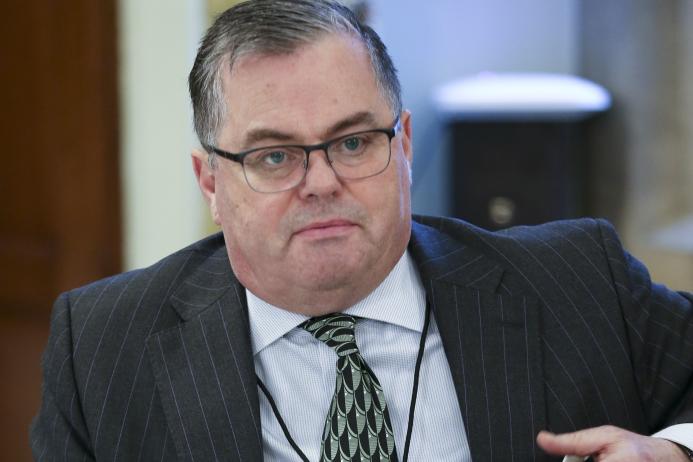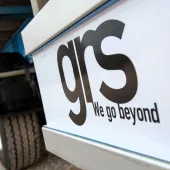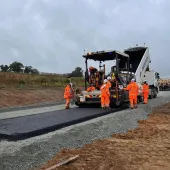AIA calls on Government to make right call for local roads in Budget
Asphalt Industry Alliance urges Chancellor to commit to adequate, sustained, targeted, and accountable funding
NEXT week Chancellor Rachel Reeves will deliver her first Budget and recent reports suggest a cut to spending is on the cards to try and plug the gap in the nation’s finances.
It is anticipated that one of the casualties will be the previous administration’s commitment to spend an additional £8.3 billion over 11 years on local roads maintenance (Network North funding). This raises the question of how local authorities are going to be able to address the repair backlog estimated in this year’s Annual Local Authority Road Maintenance (ALARM) survey at £14.4 billion for England alone.
In the run up to the General Election the Labour party’s manifesto pledged to fix an additional one million potholes across England in each year of the next parliament, in comparison with the 1.8 million pothole repairs in England reported in ALARM 2024.
Now, in Government, Lilian Greenwood, Minister for the Future of Roads, told the audience at Highways UK earlier this month that she was committed to investing in local roads, but at what level remains to be seen.
‘We know from ALARM that the condition of our local roads is at an all-time low, and that this is the result of decades – not just recent years – of underfunding as well as the effects of all the physical and climatic challenges on a deteriorating network,’ said David Giles, chair of the Asphalt Industry Alliance (AIA).
‘It’s clear that current approaches to highway maintenance funding are not delivering for road users. It’s time for a rethink and we call on the new administration to place improving local road conditions at the heart of the Government’s transport policy.
‘We urge the Chancellor to commit to adequate, sustained, targeted, and accountable funding for local roads – provided on both a needs and improvement basis – over the long term. This will allow local authorities to plan and proactively carry out the right maintenance intervention at the right time to the greatest benefit of all road users, rather than just having enough money to address immediate and urgent repairs. Without it there will be a continual decline in the condition of our local roads on which we all rely.’










